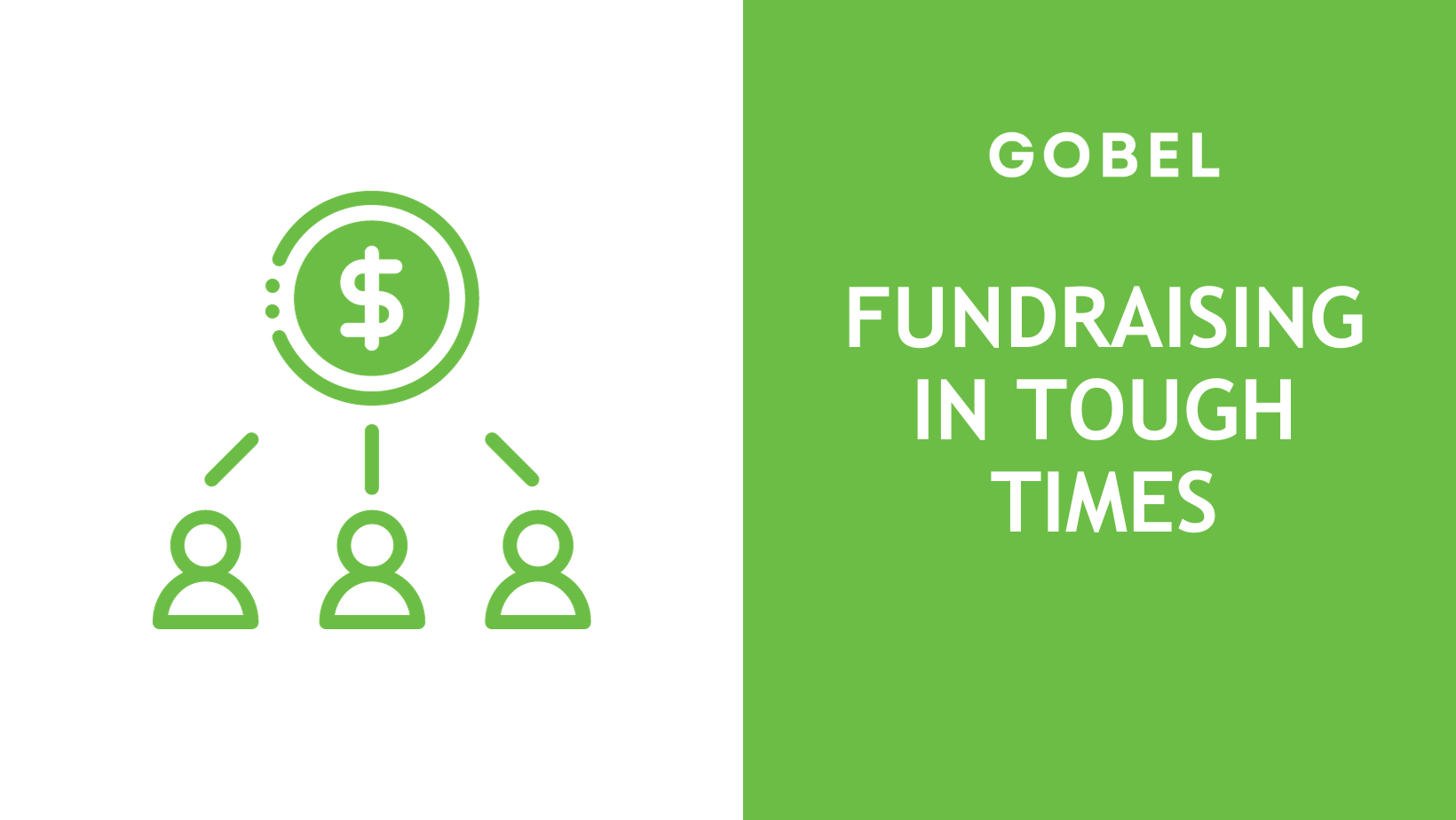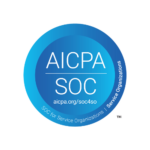
Fundraising in Tough Times
2022 was the worst year for stock prices since 2008. Inflation has been at record highs. In December 2022, a Bloomberg poll put the United States’ chance of a recession in 2023 at more than 70%. While the recession that was predicted for 2022 has not yet happened in 2023, economists are still calling for a minor recession in late 2023 or early 2024. The news has certainly not been up-lifting.
But it’s not all bad news! Wages are currently at their highest relative levels than they have been in the past 30-40 years. The job market has remained relatively strong. Hospital operating margins are slowly improving and are now in the positive.
Should a recession finally hit, remember that most recessions over the past 40 years have not significantly impacted the fundraising sector. Only the Great Recession of 2008 had a lasting impact, requiring 3 years after the recession (2013) to return to equivalent giving levels pre-recession. And in fact, healthcare giving is one of the sectors that performed best in the Great Recession. In 2020, during the Covid-19 pandemic, we saw how donors rose to the challenge to support healthcare institutions.
What to do during tough times? Concentrate on what you know.
Don’t be afraid
Don’t be afraid, plan! When setting foundation goals, it’s always ideal to plan for at least three scenarios – no recession, mild recession, and recession. There doesn’t have to be a drastic difference in your planning – per studies down by the Lilly School of Philanthropy at Indiana University, charitable giving declines by an average of just 0.5% (after inflation) during a recession. That being said, nonprofits should err on the side of caution. It is better to be wrong and raise more money than expected, than to be overly optimistic and become insolvent.
Donor relations
Remind your donors that your mission does not go away while the economy suffers. For many organizations, your need may be greater than ever before. Communicate the urgency of your need to the donors that you know best. Some donors may be looking for ways to offset losses, while others may simply appreciate hearing of your organization’s good works. Consider finding ways to recognize and raise up everyday donors, to show how their donations make a difference in your organization.
Diversify your options
Per Forbes, gifts from non-cash assets such as Donor Advised Funds, publicly traded securities, privately held business interests, and non-publicly traded assets like cryptocurrencies increased in 2022, despite turbulent times. In the same time period, Fidelity Charitable, the largest holder of DAFs, saw $11.2B donated by more than 300K donors supporting 189K organizations. This is a 9% increase over 2021. Furthermore, most donors gave their gifts to unrestricted accounts – over 60%!
As a side note, if you do not currently have a gift acceptance policy to guide your ability to accept non-cash assets, particularly thinking about cryptocurrencies, now is the time to start putting one in place.
Focus on retention
A recession is a great opportunity to focus on donor retention, as opposed to acquisition. Looking at the latest GivingUSA report, overall donor numbers were down, even without a “true” recession. A recession will likely be a difficult time to focus on acquisition and rather than spending money that may prove less fruitful than usual, engage lapsed or at-risk donors in a way that drives lifetime value while maintaining year-over-year retention rates.
Engage your board
Are you being candid with your board around the possibility of economic difficulties? An engaged board should come to the table with strategies on how they can dock in to assist. This is also a great time to message around the critical nature of board support and make steps toward obtaining 100% board fundraising participation. Your board members are the ones who should be most aligned with your mission and priorities. Depending on your organization, this may also be a time to have conversations around whether or not it would make sense to expand your board to include nontraditional members with skills you can leverage during lean times. Consider someone with a background in digital marketing, technology, crowdfunding, or wherever you identify gaps.
While we at GOBEL hope that a recession does not come into play and that there will be sunny skies in our future, we believe the best defense is proper planning. If you have other suggestions on fundraising in tough times, comment below or send them to our research team at research@gobelgroup.com.
